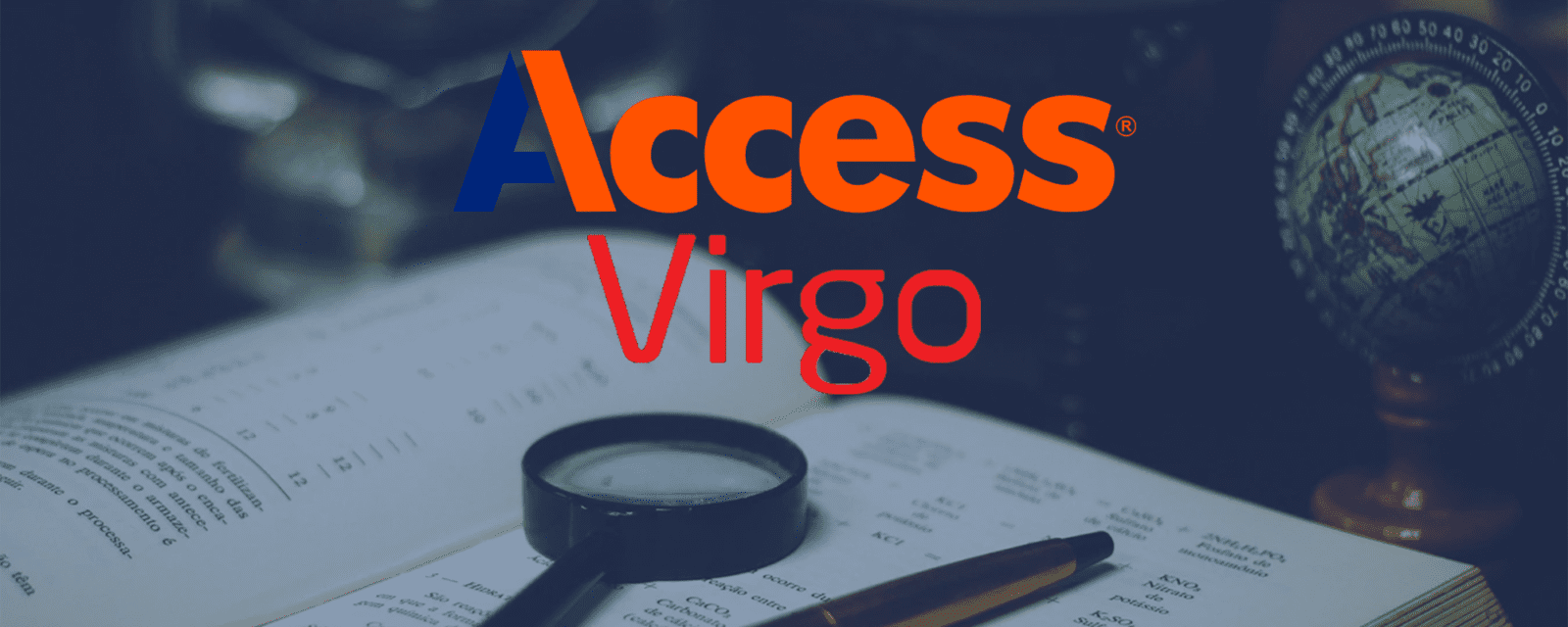
Physical records management has come a long way from simply storing boxes of documents in a storeroom or an offsite warehouse. These days, you should be asking more from your records and information management vendor—a lot more. Organizations in every industry face increasingly complex regulations and high litigation risk, requiring a holistic records and information management program and information governance equal to the task.
If you are considering a new records and information management vendor, or haven’t provided it much thought, make sure they can offer you these capabilities:
Auditing or consultation services to help bring records into compliance: Storing out-of-date documents compromises your organization’s ability to defend itself against costly litigation, unemployment claims, and more. If you’ve been less than diligent in enforcing policy around your company’s vital records, you need a partner to start things off right. Your records and information management vendor should offer services to determine your organization’s compliance with the relevant regulations in your industry. They should help you identify expired documents for immediate destruction, as well as monitor and report on inventory about to expire.
Automated application of information governance rules: Information governance has become paramount in an age when organizations are tasked with securing sensitive data like personally identifiable information (PII) and protected health information (PHI). Automation of document-level metadata has become an essential tool for ensuring that each record is compliant with the appropriate retention schedule and information governance policy. Your records and information management vendor should provide a system that automates metadata tasks, including assigning a unique identifier to documents, recognizing document types, and classifying them according to specific information governance policy. In addition, the system should be able to track each document through its lifecycle and eventual destruction or archiving, as well as track and release multiple legal holds.
Secure storage, retrieval, and destruction methods: The best document management system in the world isn’t much help if your physical records are not stored securely. That means limiting document access to authorized users only, which may differ by department and document type, and maintaining a chain of custody for security audits. The storage facility itself should be compliant with all applicable regulations and be PRISM Privacy+ certified. During transit, files should be sealed in tamper-proof pouches or boxes in GPS-trackable vehicles.
Secure management of digital records: Digital records carry their own risk because of the ease in which data can be searched, shared and stored inappropriately. Your records and information management vendor should be able to track and manage digital records using the same metadata as physical ones, as well as sync data with your HR systems to properly manage records stored there. In addition, you should expect legal and compliant destruction of media files, as well as the destruction of computer hard drives and other equipment as necessary.
Disaster response and mitigation: Your organization’s essential records must be protected against fires, floods, and natural disasters. You should expect your records and information management vendor to store records in secure fire-proofed, climate- and humidity-controlled spaces located outside of flood plains to prevent unplanned destruction or damage. At the same time, your documents should be accessible digitally via cloud-based software for easy and secure access when necessary. Should disaster strike, your vendor should have proven incident-management procedures to get you back up and running as quickly as possible.
As records and information management continues to grow increasingly complex, you deserve a trusted partner who stays ahead of the changes. These five capabilities are just the beginning of what a best-in-class partner should offer. For a thorough list of questions to ask potential vendors to find the best partner for your business, download our new vendor guide.
Jason Rourke is the Marketing Manager for Access.




